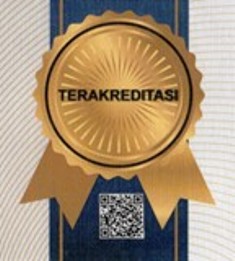Waste Management Model Based on Community Education in Koto Tangah Subdistrict, Padang City, Indonesia
Abstract
This study aims to determine the perception and knowledge of the community about the sorting and waste management, by observing the behavior, and culture that influence. This research type is research of mix method, that is by combining qualitative and quantitative method. The population is all households in Koto Tangah. Sampling techniques used there are two forms of sample area (area sampling) and sample respondents. The sample of the area is taken by purposive sampling by taking 3 urban villages in Koto Tangah based on community welfare level. The sample of respondents in this study is one community group in each RW in some villages in Koto Tangah. The result of this research shows that people's perception about garbage is still relatively low, where garbage is considered as useless waste and must be discarded, some of which are waste goods are still waste product. The community's knowledge of waste is already high, but not followed by behavior on waste, especially in waste sorting. The level of public knowledge about waste management is high both in sorting and waste processing. Behavior of Koto Tangah about garbage is low, both in sorting, disposal and processing, It means there is an imbalance between people's knowledge about garbage and its behavior toward garbage.







